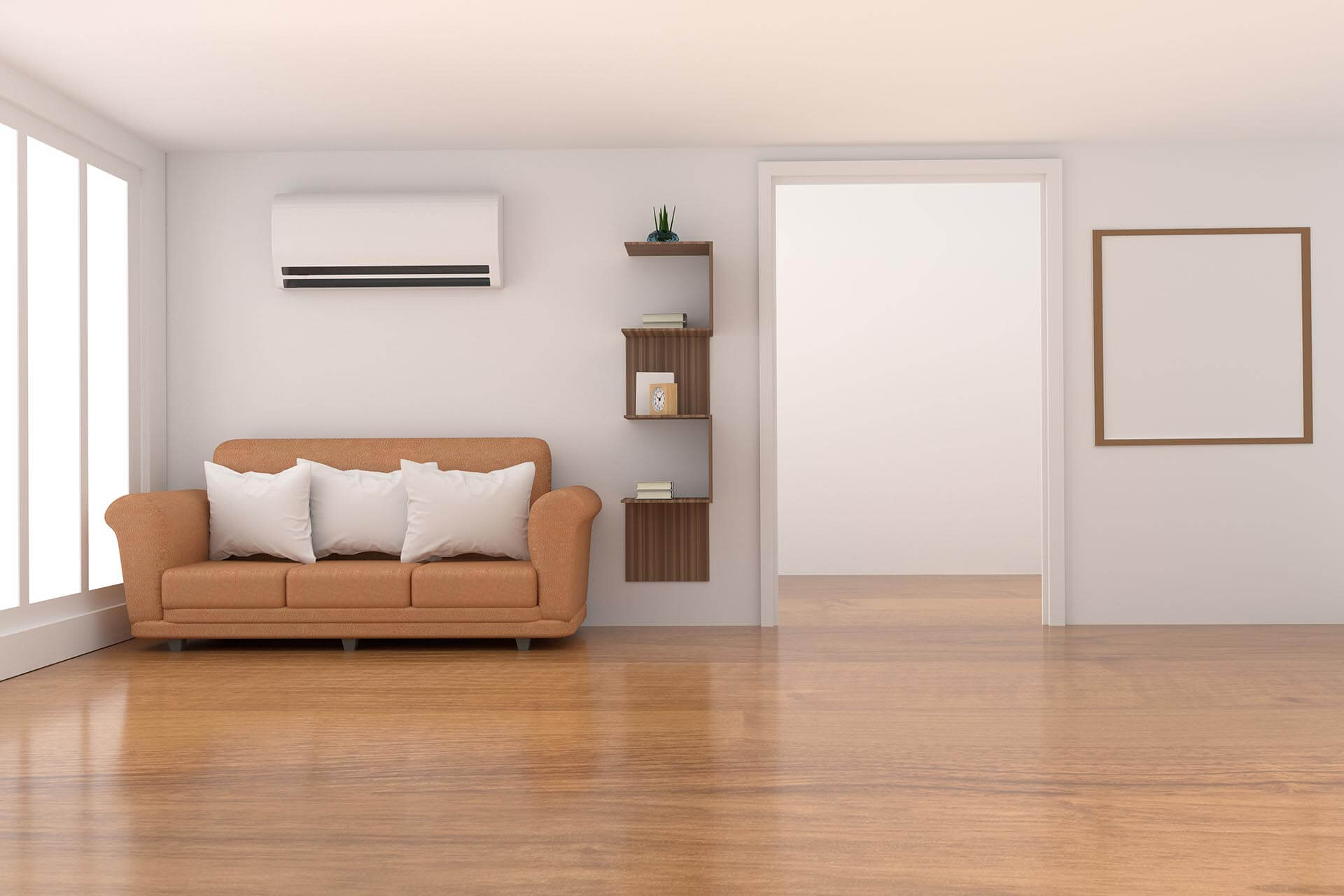"Air Pollution" might mean to you something that only exists outside your home, be it industrial smoke, traffic pollution, haze, or smog. But what about the air inside your house? Is it safe for your health? The fact is, the air inside your homes can be more polluted than outside– or, even worse. There are tons of germs and allergies lurking in your house that can affect everyone, especially children, people with allergies, and the elderly. With the current covid situation and the increasing amount of time we are spending in our homes, the question arises; how can we improve indoor air quality?
There is no need to worry, as there are common practices that you can follow to purify the air in the home and live in a clean environment. To improve indoor air quality make sure to upgrade your home ventilation system, vacuum your house daily, and change air filters regularly.
The main factors that are responsible for affected indoor air quality are:
- Microbes
- Carbon monoxide
- Pets and pests
- Humidity
- Temperature
- Asbestos in old homes
- Mold and mildew in bathrooms or Kitchen
- Poor Ventilation
- Radon
- Chemical emissions from different sources
Here are 3 tips to improve indoor air quality and get good and fresh indoor air quality.
1. Improved Ventilation
One of the common approaches to reducing the concentration of indoor air pollutants inside your home is by improving the ventilation system of your home. Most indoor cooling and heating systems don't provide you with fresh air, but rather with air via machines. So when the weather allows, open the windows and run fans to improve the ventilation in the home.
Properly flued kitchen and bathroom fans also remove contaminants to the outdoors and increase the level of outdoor ventilation. Try to do some of the activities outdoors instead of indoors, that generate high pollutants, such as welding, sanding, paint stripping, or doing maintenance work.
You can bring the outdoor air into your home in several ways:
- Infiltration means: Do not attempt to completely seal your home; cracks under doors and where windows close allows some fresh air to permeate your home.
- Natural ventilation: Through windows and doors. Keep them open from time to time
- Mechanical ventilation: Air intake linked to the heating ventilation and air conditioning(HVAC) system.
2. Keep Your Home Clean and Fresh
We all love a cozy and clean indoor environment, and no one wants their house to be filled with germs. But sometimes you think your home is clean, when in reality germs and bacteria are occupying the same air you are breathing in. So there is a need for deep cleaning of your home from time to time. The most important way to improve your indoor air quality is by carrying out regular cleaning routines in your home.
- Keep the floor ultra-clean: Chemicals tend to accumulate in different areas of your home. Using a vacuum with a HEPA filter helps reduce the concentration and gets rid of most of the other dangerous toxins.
- Mop the floors with a good cleaner: Instead of just mopping with clean water, we recommend using soap or cleaners to completely clean every nook and corner where dust is left after vacuuming.
- Keep a floor mat out: Putting a large mat outside your door helps to reduce the amount of dirt, pesticides, and other pollutants that can otherwise come inside with dirty shoes.
3. Change Your AC and Air Filters
When air-conditioners run all year round to keep your house at a perfect temperature, they accumulate dirt and filter some common air pollutants. That not only causes bad indoor air quality but they can stop working altogether. So it's important to change the air conditioner filters regularly.
Similarly, the same goes for other air filters including; vacuum cleaners, kitchen vents, heating ducts, and clothes dryers. It is equally important to clean the clothes dryer filter as well.
Need Help?
Keep your indoor air quality clean without any hazard by getting professional help. Heating Experts can help you to improve the quality of indoor air and make your home indoor air healthy and breathable. Call us at 1300 100 040.
